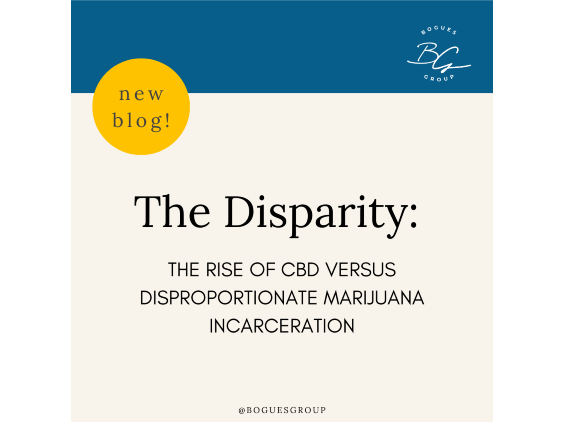As CBD gains popularity as a wellness drug, it is crucial to address the ongoing disparity in marijuana-related incarcerations. While CBD is celebrated for its health benefits, a disproportionate number of BIPOC individuals continue to face imprisonment for marijuana offenses. This stark contrast raises concerns about social justice and equal treatment under the law.
In the United States, with almost 2 million people incarcerated across various facilities, the living conditions are often substandard, with extreme temperatures, violence, and unsafe environments. The traumatic experiences in these institutions significantly impact mental health, leading to high rates of PTSD among inmates. Studies have shown that up to 48% of incarcerated individuals have PTSD, which is over five times higher than the general population. Symptoms of PTSD commonly reported include avoidance, nightmares, hypervigilance, and emotional numbness.
The Failed War on Drugs and Soaring Incarceration Rates:
Decades of the failed war on drugs have resulted in alarming incarceration rates in the United States. Harsh penalties for drug offenses introduced during President Nixon’s war on drugs in the 1970s have led to a sevenfold increase in the incarcerated population, with one out of five individuals serving time for a drug offense.
The Disproportionate Impact on BIPOC Communities:
Communities of color have disproportionately suffered the consequences of these punitive drug policies. Racial discrimination is deeply ingrained in drug enforcement, with laws historically targeting Chinese immigrants, Black Americans, and Mexican migrants. Today, despite representing a minority of the population, Black and Latino Americans make up two-thirds of the prison population, primarily due to discriminatory enforcement of marijuana laws.
Changing State Laws and the Federal Crossroads:
Several states have embraced progressive marijuana legislation, decriminalizing and legalizing its use for both medical and recreational purposes. These state-level reforms have demonstrated positive outcomes in public health and the economy while maintaining public safety. It is now time for the federal government to learn from these state experiments and consider the path towards nationwide marijuana legalization.
Seeking Smarter and Fairer Criminal Justice Policy:
In the face of a glaring disparity, it is time for comprehensive criminal justice reform. By adopting smarter and fairer drug policies, the United States can work towards a system that promotes equity, public health, and equal treatment for all citizens.
While CBD gains popularity as a wellness drug, the disproportionate incarceration rates for marijuana offenses persist, particularly affecting BIPOC communities. Addressing this disparity is essential in the pursuit of social justice. The nation can move closer to a fairer and more equitable future by reevaluating drug policies and embracing comprehensive criminal justice reform.

